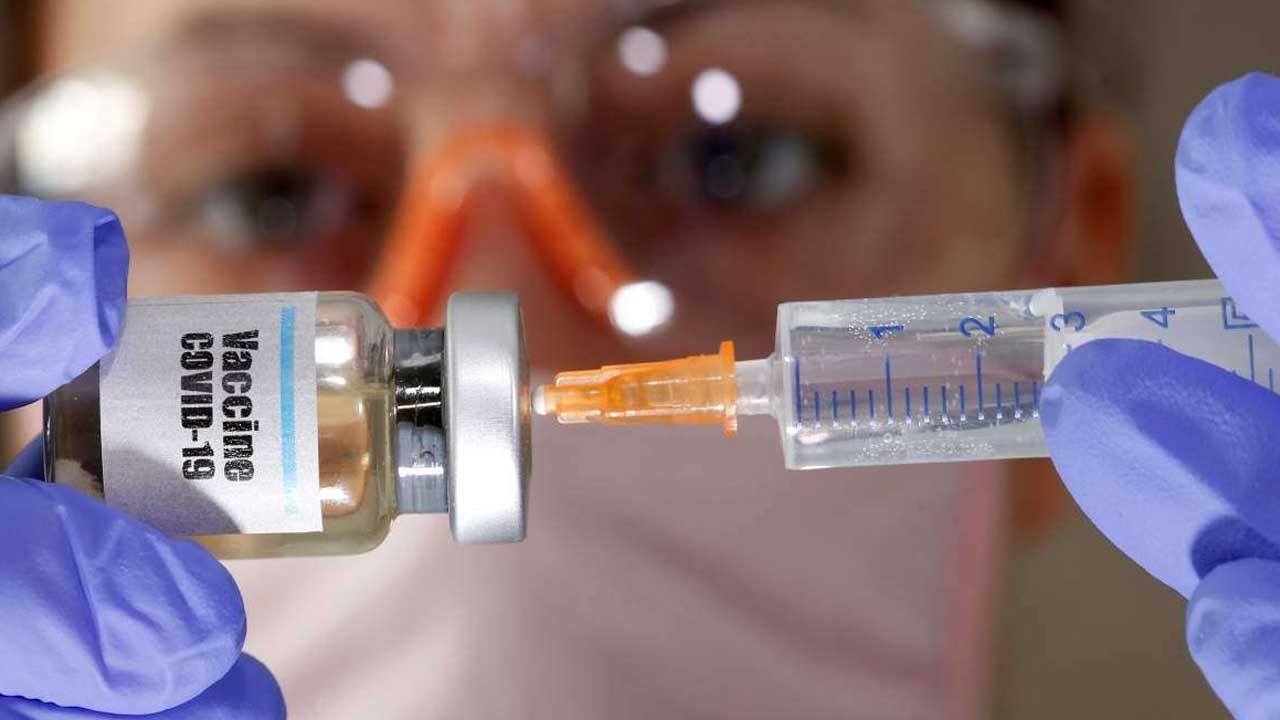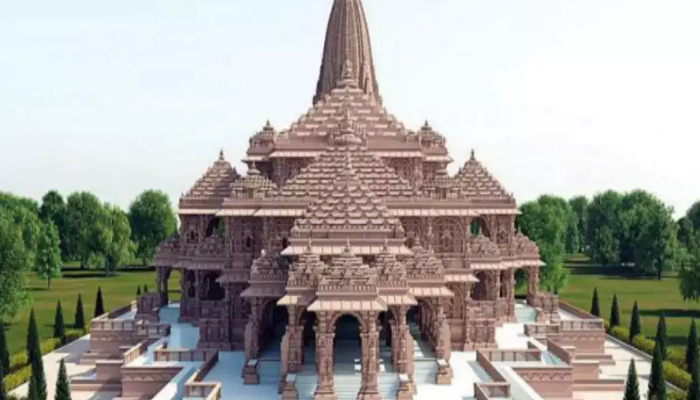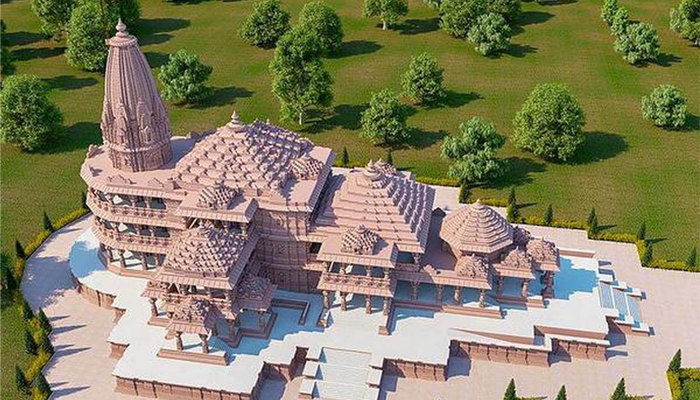The government started with the dry run for Covid-19 vaccination at most of the states. Soon a section of the population will receive their first vaccine shot. Preparations for vaccine centre dosing, logistics requirements and other plans are now in full swing. The top drug regulator in the world, DCGI, has approved Oxford’s Covishield COVID-19 vaccine and Bharat Biotech’s Covaxin for limited emergency use.
Union Minister of Health Harsh Vardhan recently declared that vaccination for priority group beneficiaries in all states would be free in its first step. I advise people not to be fooled by rumours about the safety and effectiveness of the COVID-19 vaccine. Before authorising a vaccine, we will not compromise on any procedure,” Vardhan said, stressing that vaccine hesitation was a problem even when the country began the drive for polio immunisation, but “we must note its progress.
Who’s going to get the vaccine first
Healthcare staff
One crore health staff working with both government and private hospitals will be first on the line to be inoculated, following the recommendations of the National Expert Group on Vaccine Administration for Covid-19 (NEGVAC). As frontline personnel, Integrated Child Development Services (ICDS) workers, nurses and managers, paramedical staff, medical officers, support staff and medical students, the priority category was further divided into sub-categories. All data has been obtained from health care facilities and is being uploaded into Co-WIN, the digitalized portal for the Covid Vaccine Delivery System process to be used efficiently to carry out and scale up.
Staff from the Frontline
Two crore frontline personnel working by central and state police, armed forces, civil defence agency, disaster management, home guard, jail officers, municipal employees, Covid-19 surveillance revenue officials and other related operations. In the first level, employees affiliated with state government and ministries of defence, urban affairs and housing will also be vaccinated.
Citizens who are over 50 years of age
This group would be further divided into individuals over 60 years of age and individuals above 50 years of age with co-morbidities. The new electoral roll of elections to the Assembly or Lok Sabha will be used as a guide to recognise immunisation populations. Based on the cut-off date of 1 January 2021, age will be determined and anyone born on or before 1 January 1971 will fall under this group.
Areas that report a high infection rate of Covid-19
At their discretion, states and UTs will enforce vaccine priority phases in geographical areas where the infection is high.
Population remaining
A population below 50 years of age with related comorbidities focused on the changing pandemic situation such as diabetes, cancer, asthma, lung diseases, etc. and eventually on the epidemiology of the disease and the availability of vaccines to the remaining population.
How to register at the session venue for vaccination
Common Service Centres must be used for the general population’s self-registration and identification certification. In the later phases of implementation, the self-registration module will be made available.
Individuals can choose the authentication method from the methods below.
- Biometric: The platform will autofill with this demographic information of the person from the name to a permanent address in the Aadhaar card.
- OTP Authentication: An OTP will be sent with an Aadhaar card to the registered mobile number. If the OTP authentication is successful, the person’s demographic information will auto-populate according to the Aadhaar.
- Demographic authentication: A person can also manually enter all demographic data, i.e. Name, DoB, gender and pick Authenticate Demo. A green tick tends to affirm that it is the same.
An person interested in registering will be required to include one of the following for photo identification:
- Card with Aadhaar
- License for Driving
- Health Insurance Smart Card issued by the Ministry of Labour Scheme
- Work Card from MNREGA
- Official MPs/MLAs/MLCs identification cards issued
- PAN Card
- Bank/Post Office passbook issued
- For passport
- Document for pension
- Central/State Govt./PSUs/ Public Limited Companies Service Identification Card given to staff
- Smart card issued by NPR by RGI
- Voting ID
You can either upload the photo identity to the Co-WIN system (in PDF, JPG or PNG file formats) or pull it from the current Digi Locker account of the individual file formats.
When enrolled, the date and time for vaccination will be assigned. No spot registration facility will be available and only pre-registered beneficiaries will be allowed to vaccinate.
With the help of the District Immunization Officer, District Collector (DC)/District Magistrate (DM) will connect the sites of the sessions, vaccinators, supervisors and beneficiaries and determine the dates and times for conducting the vaccination session. The beneficiaries will be certified by the respective district administration for the session and site allocation.
How the sessions have been planned
Three demarcated rooms/areas should provide an ideal session site
1. Room/Area Waiting
Space for Vaccinations
Room Of Observation
How the Vaccine Team was organised
A 5-member team will manage each session with specified responsibilities
Vaccination Officer 1: In-charge before entering the waiting room/area for pre-checking of beneficiary registration status and photo ID verification. Vaccination Officer-1 can help build queues/crowd control
Vaccination Officer 2: In-charge of the Co-WIN method document authentication/verification (Health / ICDS / other government agencies, e.g. election model)
Vaccinator Officer: Doctors (MBBS / BDS/AYUSH), Staff Nurse, Pharmacist, ANM, LHV) in charge of vaccinating the beneficiaries.
Vaccination Officer 3 and 4: in charge of crowd control, 30-minute waiting, monitoring of any signs of AEFI, advice to non-registered recipients
Vaccination at health facilities, both government and private, is characterised as a fixed session location, where either a medical officer or a physician is available. Schools and community halls will be places for outreach sessions, while special mobile teams for rural areas or migrant communities and international border regions will be available.
All COVID-19 vaccination sessions will be held from 9 am to 5 pm.
Humbly Request To All Visitors!
If you found above both downloading link expired or broken then please must inform admin by fill this Contact Us! Form


